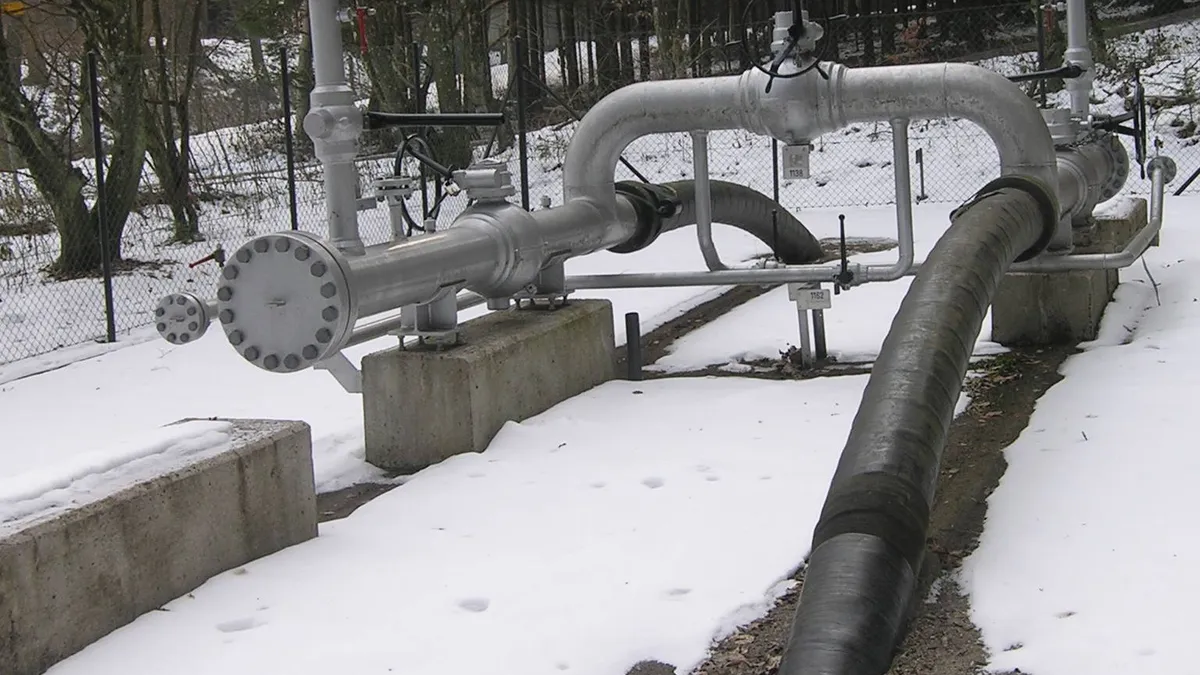Dive Brief:
- The office of Massachusetts Attorney General Maura Healey (D) released a study this week casting doubt on the need for more natural gas pipeline capacity in New England, finding additional investment in demand response and efficiency is the cheapest and cleanest option to meet power demand.
- The study finds $146 million in net savings and 1.86 million tons of carbon dioxide avoided would be avoided if demand management is used rather than adding pipeline capacity. A large gas pipeline would return savings of just $133 million while increasing emissions.
- There are several proposals to expand pipeline capacity in the region, and critics of the new study note that it was financed by the Barr Foundation and the John Merck Fund, both seen as renewable advocates. The study was commissioned by Healey's office and written by the Boston consulting firm Analysis Group Inc.
Dive Insight:
Conventional wisdom has held that gas-constrained New England desperately needs additional capacity, but the study released by Healey's office paints a very different picture of the region's energy options.
Under existing market conditions, the study found "there is no electric sector reliability deficiency through 2030, and that no additional pipeline gas capacity is needed to meet electric reliability needs," according to a summary of the research.
The study also looked at whether energy shortages would occur under certain stressed conditions. Assuming the region becomes even more dependent on natural gas, if there were short-term disruptions to other fuels, the region could need about 2,400 MW for a few hours on about nine cold days a year by 2029/2030. But the gas pipelines being proposed are much larger than that, according to the study.
Gas supplies equivalent to about 0.42 billion cubic feet per day could supply that energy, but both the Northeast Energy Direct and the Access Northeast Project proposals are much larger. That amount is equal to about one-third of the Northeast Energy Direct project, and 40% of the Access Northeast proposal.
The Access Northeast project is being developed by Spectra Energy, along with National Grid and Eversource Energy, and would expand natural gas access in New England by up to 1 Bcf/d. Project backers say that it will save electric customers an average of $1 billion a year during normal weather conditions.
The Northeast Energy Direct project could save the region more than $2 billion each year, developers of that project say.
The Boston Globe reports that supporters of pipeline proposals were skeptical of the new report, saying opponents produced the report specifically to bolster their claims. Coalition to Lower Energy Costs spokesman Tony Buxton told the Globe, "I have been disappointed. ... Frankly, it’s likely the opponents of gas knew they needed some type of study to attempt to refute the 30 studies that say we need gas capacity.”














